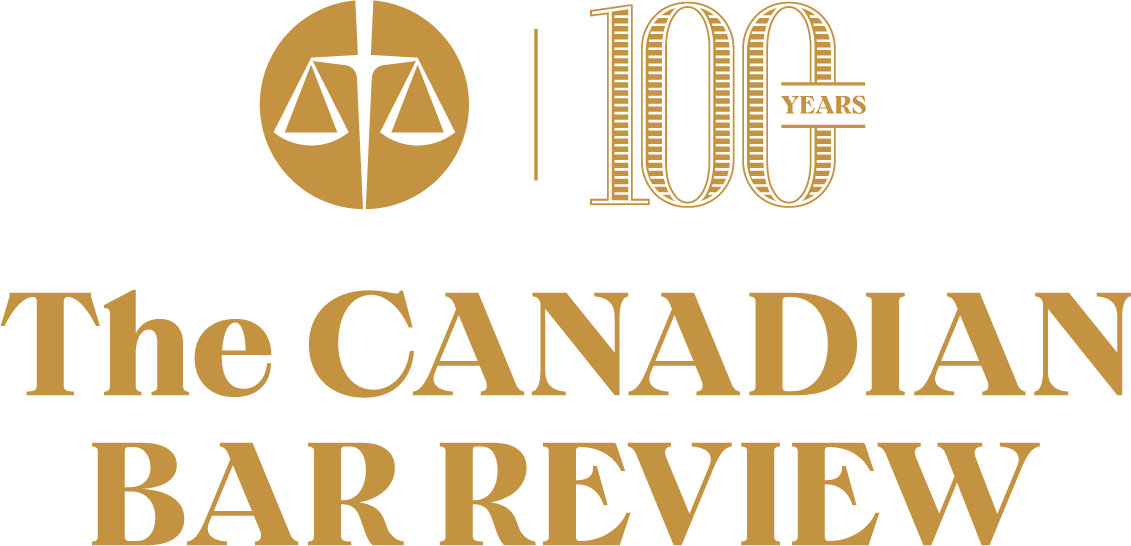ACCESS TO JUSTICE AND ROWBOTHAM APPLICATIONS
CHALLENGING THE MYTH OF THE SIMPLE TRIAL
Abstract
This article challenges the traditional assumption that common legal issues in criminal proceedings are not sufficiently complex to require an accused to be represented by counsel. When considering the current complexity of the substantive, procedural and evidentiary rules that arise in almost every case, and the degree to which they involve critical strategic considerations, the reality emerges that almost every criminal proceeding is inherently complex. This actuality should be a factor that weighs in favour of the appointment of counsel to indigent accused to preserve a fair trial. This position is reinforced by the duty of a court to apply the same legal rules in all proceedings, and the prohibition against trial judges acting in an advocate role for a self-represented accused. The notion of a “simple” criminal trial is a legal fiction that our justice system cannot afford to perpetuate given the complex legal rules that apply in almost every case, and the critical individual and societal interests at stake in every criminal proceeding.
Keywords:
Common Law, Criminal Law, Defence, Criminal Proceedings, Self-Representation, Rowbotham Order, Advocacy Skills, Included Offences, Admissibility of Evidence, Real and Substantial Risk, Cross-examination, DisclosureDownloads
Downloads
Published
Issue
Section
License
Copyright (c) 2023 The Canadian Bar Foundation

This work is licensed under a Creative Commons Attribution-NonCommercial-NoDerivatives 4.0 International License.





